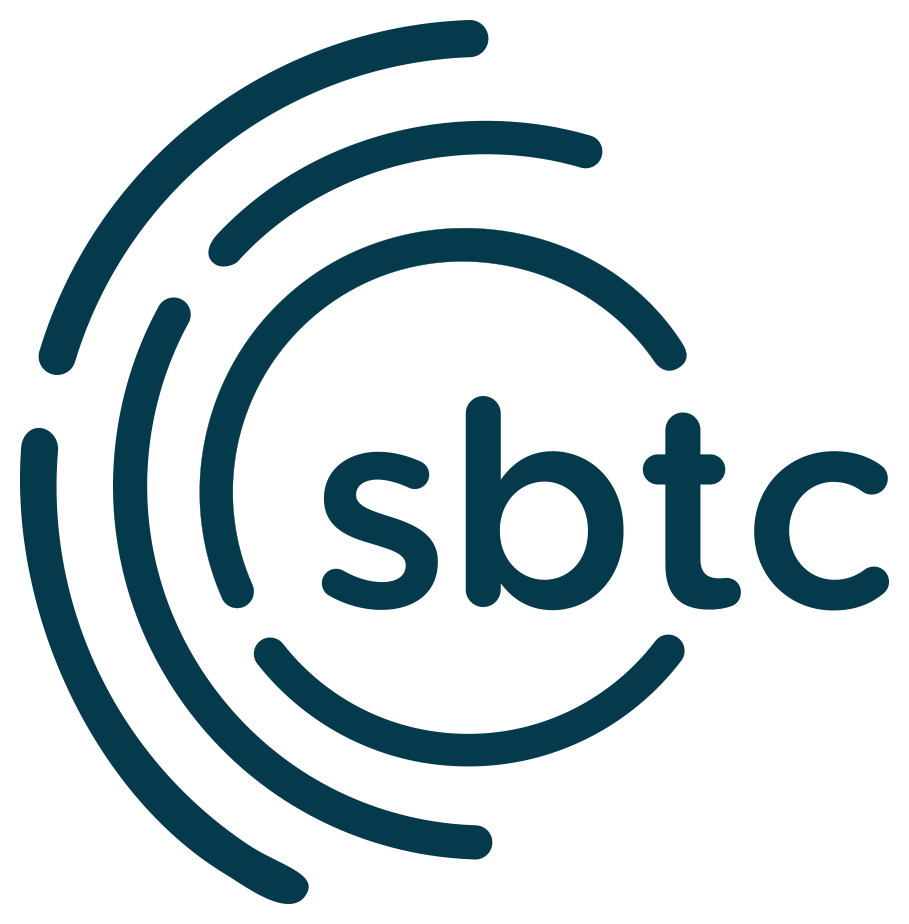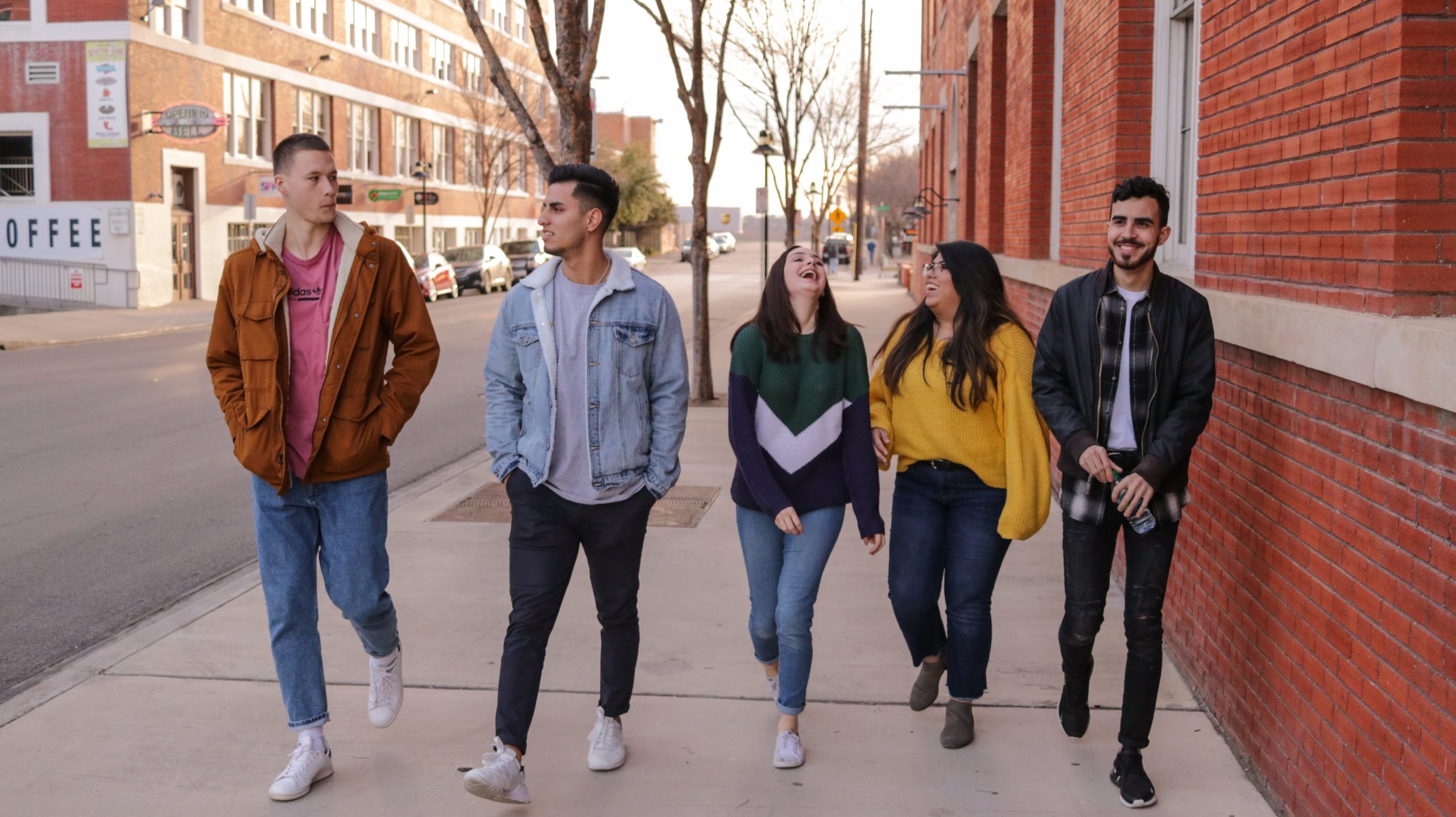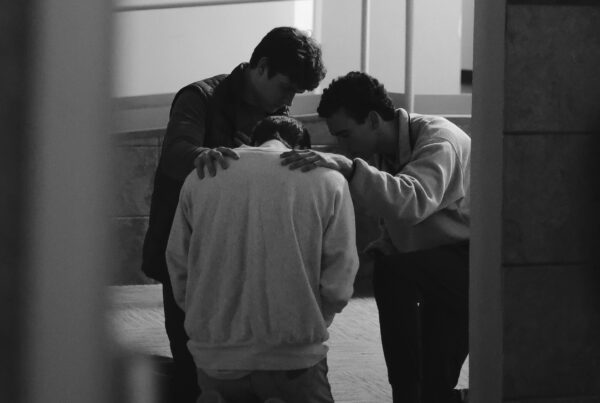One Way or Another…College Students will Change the World
Last Spring I got to visit a prominent state university in the South. While exploring their campus, I came upon a decorated area, hallowed for being the first buildings used by the school. A prominent historical marker near the entrance noted the following:
Entire student body volunteered for Confederate service, 1861.
We could get lost in the weeds of a conversation about the difference between marking history and celebrating it, but the point I want to emphasize is that young adults in the early 21st Century and the late 19th Century are not so different. They are motivated and able to leverage their lives for a cause. The question remains as to what kind of cause that will be.
When describing what I like about college ministry, I often say, “College students are still young enough to believe they can change the world.” I say that in part as a tongue-in-cheek jab at my own middle-age ennui, but my main point is about the inherent energy and potential of young adults on a college campus. For most, they are in a stage of self-exploration. They are answering questions like:
- Why am I on this earth?
- What difference can I make?
- What do I care about?
- What am I good at?
- Who are my people?
College ministry is important because we have the opportunity to help answer those questions from a foundation of love and universal meaning. College ministry is hard because there are other narratives competing to answer those questions.
In 1861, and for at least one southern university, the winning narrative motivated students to risk their lives to protect the Confederacy and keep slavery legal. Students left dorms and textbooks behind for gray uniforms and muskets. Likely, many of them never returned to campus. Never returned to their families. Their legacy became that they gave up education in order to die on the wrong side of history.
Today, it’s hard to imagine there ever being that degree of unity on a university campus. In the fractured culture of today, there are numerous prescriptions for world progress that entice and inspire college students. To be sure, not all of them are rooted in love and universal meaning. Most are co-opted by political agendas on the right and the left. There is a great tendency to measure Kingdom impact in flimsy political points… laws passed and candidates elected. Yet we know that there is a better way.
Students are going to change the world one way or another. If we want to make sure they’re changing it for an eternal good, we need to keep two things in mind.
1. Tell a better story.
The gospel is the best story to tell. It leaves no one out. It is utterly inclusive and speaks to all persons from past to future. No tribe is excluded. No language is ignored. No one is too far from its reach. No one is close enough to not need it. It is a message for the entire world.
The gospel explains the brokenness in the world. It does not ignore physical or emotional suffering. It promises justice for the oppressed. It does not ignore small failures or systemic problems.
The gospel provides hope. It offers rescue. It paints the preferred picture of the future and points to baby steps that get us there.
Tell this story. Make it your priority. Avoid the peripheral things that distract and derail.
2. Avoid political entanglement.
As you tell the better story, avoid the temptation to align it with your personal opinions of how the gospel implications play out in a representative democracy. Our current political climate makes audiences even more sensitive to our religious messaging. They’ve seen spirituality used (and weaponized, even) for political gain. People are asking what you’re trying to accomplish with your words before they’ll consider whether or not what you’re saying is true.
I actually think this skepticism will serve us well at public institutions. We will have to tune our language so that we’re aiming evangelism at the heart before we ever discuss hands. Again, we will have to major on the better story without drifting into secondary matters!
I’ve written on this before, but believe the gong is worth sounding again.
Students are going to change the world, one way or another. If we are to have any hope that they’ll change it for good, then what we say and how we say it matters. Will we share a message of hope that transcends generations and geographical boundaries? Will we share it in a way that paints a bigger picture than what is seen in voting booths and governmental offices in our country? If we want our students to keep their eyes on eternity, we must fix our own.







